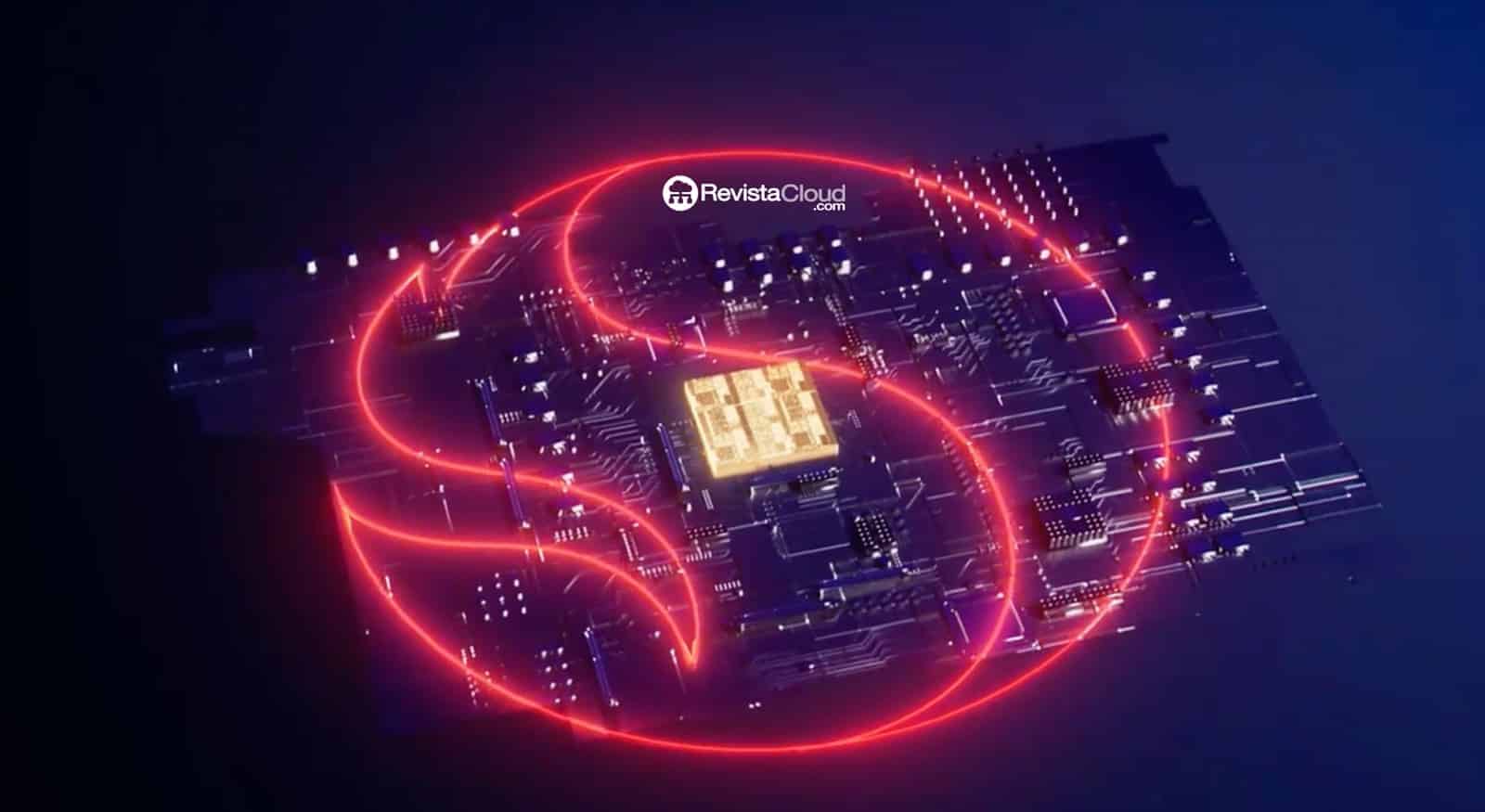The legal dispute between Qualcomm and Arm remains unresolved, and now the processor company has launched a new legal offensive against the British semiconductor giant. After recently winning a key trial, Qualcomm has filed a new lawsuit accusing Arm of failing to eliminate confidential documents from Nuvia, which constitutes a breach of the licensing agreement and could lead to significant legal consequences.
An Ongoing Legal Battle
Arm, the company that manages the most widely used architecture in chip design, has maintained a tense business relationship with Qualcomm in recent years. The conflict began when Arm sued Qualcomm for alleged license violations regarding the Nuvia chips, a company acquired by Qualcomm in 2021. At that time, Arm sought the removal of these chips from the market and compensation, but the court ruled in favor of Qualcomm, allowing it to continue selling its products.
However, rather than backing down, Arm announced it would initiate a new legal process, attempting to overturn the previous ruling. Qualcomm, for its part, has decided to respond with a new lawsuit, this time accusing Arm of failing to comply with the licensing agreement and of using confidential Nuvia information for its own benefit.
Qualcomm’s Allegations: Misuse of Nuvia Technology
Qualcomm argues that Arm did not protect the confidential information of Nuvia as stipulated in the agreement between both companies. According to the lawsuit, Arm engineers allegedly used Qualcomm configuration files to develop their own custom CPUs, which constitutes a breach of the contract.
To support its position, Qualcomm has presented evidence that several Arm employees never received instructions to delete Nuvia’s confidential information, despite the fact that the British company had previously revoked the license. In this context, Qualcomm demands that a new trial be held to determine Arm’s legal responsibilities in this case.
A New Trial on the Horizon
Arm, for its part, maintains that it does not directly compete with Qualcomm in chip development and that its business focuses on architecture licensing, not processor manufacturing. Nevertheless, the new lawsuit could jeopardize its market position if it is demonstrated that Arm misused Nuvia information.
The trial for this new legal dispute is scheduled for 2026, meaning that the conflict between these two companies still has a long way to go. In the meantime, the technology sector is closely watching the outcome of this legal battle, which could redefine the rules of the semiconductor business in the coming years.
via: EEtimes

